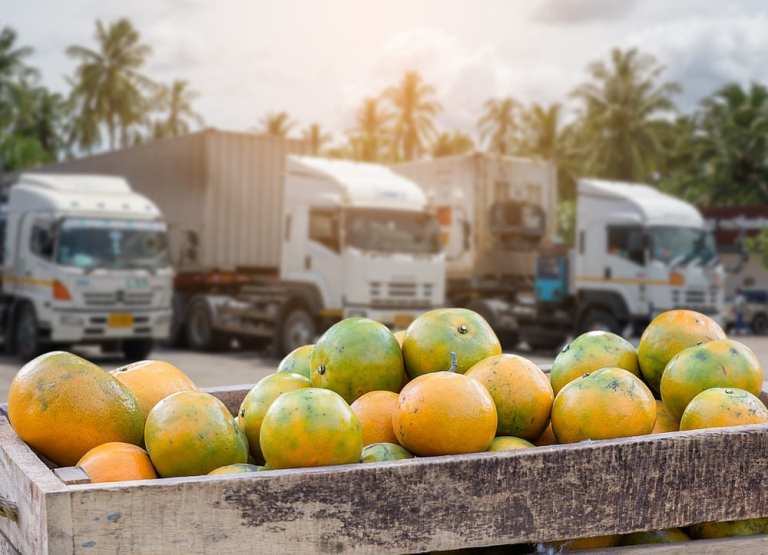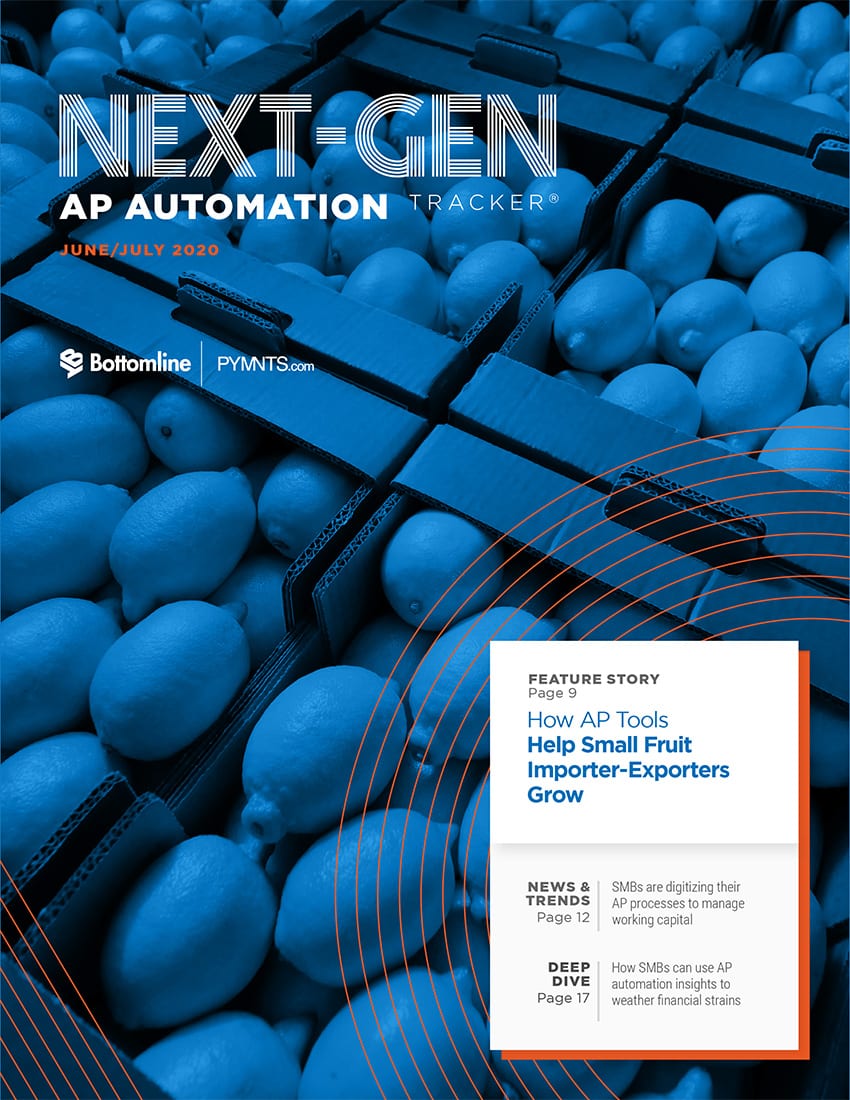How AP Tools Help Small Fruit Importer-Exporters Grow

Fruit importers/exporters never know how much they’ll pay their growers or get paid by grocery stores until the produce hits the market. That means a rather pear-shaped cash flow if they rely on accounts payable (AP) tools that aren’t tailored to their unique needs, says Juan Gonzalez Pita, founder of Salix Fruits. In the latest Next-Gen AP Tracker, Gonzalez Pita discusses how robust payables management tools have helped him streamline and expedite payments to growers in 18 countries.
Consumers enjoy fresh produce year-round thanks to fruit importer-exporters that buy from growers worldwide and sell to restaurants and supermarkets.
These small merchants have their work cut out for them when navigating cross-border transactions, however. They must tackle everything from international delivery logistics and customer service for grocery store clients to managing buyers’ and suppliers’ complex payments flows.
Fruit industry prices often fluctuate, and inventory is fragile and prone to spoilage, which means payment terms can change quickly, Juan Gonzalez Pita, founder and sales director of international fruit importer-exporter Salix Fruits, explained during a PYMNTS interview. Accounts payable (AP) management and enterprise resource planning (ERP) software can alleviate transactions fictions for small traders, he said, but the offerings must be able to tackle the industry’s specific needs.
“This business has a lot of special things going on,” Gonzalez Pita said. “You can’t bring just any pre-canned software and have it work out.”
Targeted tools can help small- to medium-sized businesses (SMBs) conveniently manage pricing changes so they can spend more time growing their businesses and less time worrying about payments. The right solutions will ultimately be able to scale up to support businesses’ needs as they grow.
Managing Payments for Fragile Inventory
Fruit sector businesses require AP solutions tailored to the complex payment flows with which they work. Importer-exporters will reduce vendors’ payments if the produce they receive arrives damaged or close to its spoilage date, for example, meaning they must first review their shipments before they can send payments. This drives the need for specialized software solutions that can help these firms log the different prices associated with each stock keeping unit (SKU) and adjust payments based on the produce’s condition, Gonzalez Pita explained.
Salix Fruits smooths its payment processes with an ERP system designed for its specific inventorying needs, he said. The company uses the solution to create and send purchase orders (POs) to growers and flow purchase information into its cloud-based accounting system, among other tasks.
Fruits’ market prices can also change after they travel from growers to restaurants and supermarkets, affecting payments throughout the supply chain.
Maintaining cordial long-term business relationships in the industry is often dependent upon all parties agreeing to share the losses. A supermarket reporting that its pear shipment’s price had fallen would ask its importer-exporter to accept a lower payment, for example, and the latter would ask its growers to do the same.
“Because we’re talking about perishables, there’s a very typical supply and demand market,” Gonzalez Pita explained. “The price may go down very fast, and that may lead to a renegotiation with a vendor or customer, which is totally accepted in the industry. If you don’t concede or work by those rules, you might be out of business … in terms of nobody being willing to deal with you.”
Importer-exporters therefore need software that can help them quickly update their accounts receivable (AR) and AP to reflect changes in market prices. Accomplishing this manually — especially when working with dozens of vendors and buyers in different countries — can be a tall order.
Scalable Offerings for SMBs
Small companies like Salix require flexible AP offerings that are suited to their current workflows but can be adjusted to meet their needs as they grow, Gonzalez Pita said. Such solutions must be easy to use, easy to adopt and affordable.
“Some stuff can be very good … but if it’s very expensive to implement, then it doesn’t make any sense,” Gonzalez Pita explained. “It also has to be scalable. When you’re a small business, you have totally different needs than you have when you’re a medium[-sized] business.”
Smaller operations may have only one or two employees handling payments and discount approvals, and businesses with modest outgoing payment flows may not find it worth the hassle to intensively review each transaction. These lean operations need streamlined software systems suited to such practices, Gonzalez Pita said, suggesting that offerings could support swift, seamless processes by enabling employees to easily apply discounts based on fruit quality or market fluctuations, for example.
Using solutions designed for larger companies could prove unnecessarily complicated, as these offerings are often geared toward firms with more staff members devoted to reviewing and authorizing transactions.
“When you start with a software application that fits you for when you’re small, it has to be scalable when you start bringing new people in and your volume of transactions is growing,” Gonzalez Pita said.
Offerings that scale serves SMBs well. Businesses that begin purchasing and receiving higher order volumes require more insight into their AP operations and will eventually seek oversight features they did not previously need. Gonzalez Pita said AP software that allows users to add or enable select capabilities is especially desirable.
Fruit importer-exporters need to focus on growth while handling often-complicated payment flows in which transaction amounts can unexpectedly change. Scalable, easy-to-use AP tools can help them build their operations and spend less time worrying about managing their payments.
